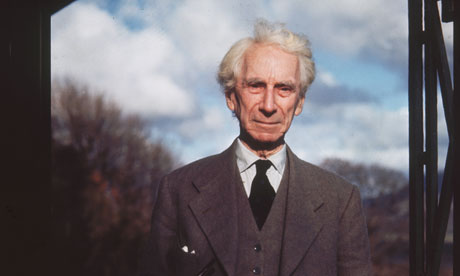Exercise: A must for mind-body health
We all know those fitness people we encounter in our lives
who are happy, healthy and glowing. They definitely have the best career
because they are getting paid to do what they love and getting paid to move. They
are definitely my happiest patients. (We all know them and secretly love to
hate them)! But they’re not dumb for
choosing that lifestyle…You do not
need to quit your career and become a personal trainer to feel great. You do,
however, need to move.
The most important thing to actually exercise is your
personal motivation and drive to do it. Making the commitment to yourself on a
deep level has to be the starting point. It might help to reframe why you are
exercising. The payoffs from exercise are slow to come. It does not give you
the same instant gratification that you get from say, eating some chocolate ice
cream or having a glass of wine while you snuggle up to your favorite (dramedy,
sit com, game show,…) on the couch. Therefore, if you are doing for a specific
goal, like fitting into a pair of jeans, or even for losing weight, you might
feel dejected and disappointed in your progress. Instead, it might be helpful
to focus on a desire to do it for long term health and wellness, ie. Sticking around
a bit longer to have time with the ones you love, having more energy to function
in your daily life, or feeling well enough to enjoy that retirement you have
been working so hard for. Making the
choice for something positive you really, really want!
Remember, eventually you will have “feel good” benefits from
your daily exercise routine once it is established. But, you have to get your
heart rate up for around 10 minutes before the endorphins (hormones that give
you a boost) kick in and if you are anything like I was before I started exercising,
you may only last for 3-5 minutes before you start getting bored out of your
mind or feeling like you are going to die, and are basically red in the face
and drooling all over yourself! Remember, you can slow it down and you can
breathe. Try timing your breaths to your steps, like 4 steps per breath or even
3. In other words, pace yourself.
I find that my patients who are able to exercise every day have
made it a part of their daily routine. If
you don’t do it, you won’t do it. Here, self-awareness is key. Observing
your daily actions and mindfully deciding where you can actually fit your
exercise in, what you actually need to accomplish it, and what some barriers to
doing it might be. Then taking the time to make a plan and commit to it. Also,
find something you love to do for exercise. If you love it, you are much more
likely to do it. If you can’t do it for one day, or even one week, it is okay,
don’t let this drag you down into the guilt cycle and into stopping altogether,
just ask yourself again what might be getting in your way and make your
choices. We all fall off the horse sometimes, and let’s face it, the hardest
thing to change is habits. But it CAN be done!
The benefits of exercise are far reaching and the importance
to mind body health cannot be overstated. It has to be a part of your life or
you will never achieve balance in your mind body health. It does not need to be
much. Just 30 minutes out of 24 hours, but the more you can do, the better.
Here is a list of what exercise can do for your mind body
health:
- Burns the stress hormone “cortisol” putting your hormones
into better balance
- Decreases blood pressure and improves digestion of glucose (sugar)
- It can improve your symptoms around your menstrual cycle,
decreasing bleeding and pain
- It improves sleep patterns
- Trims your waist line reducing your long term risk of diabetes
heart disease and all those other chronic diseases that lead to sudden death
prematurely
- Silver lining? Eventually it gives you that svelt figure you’ve
been hoping for, but I strongly precaution against doing exercise for physical
appearance and instead focus on accepting yourself just as you are
© Regina Zopf and Trotula Health, 2013. Unauthorized use and/or duplication of this material without express and written permission from this blog’s author and/or owner is strictly prohibited. Excerpts and links may be used, provided that full and clear credit is given to Regina Zopf and Trotula Health with appropriate and specific direction to the original content.



